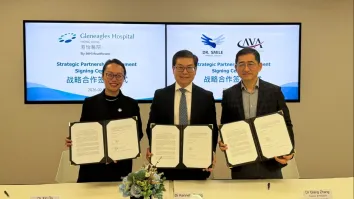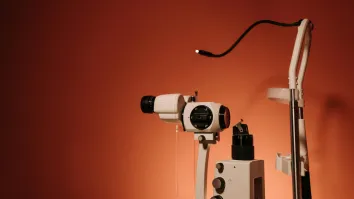
Pricing reforms threaten pharma investment in Japan
Fewer companies may enjoy full benefit of the premium under the new requirements.
Pricing pressures are set to further impact pharmaceutical investment in Japan following the introduction of pricing reforms in December 2017, according to a report by Fitch Solutions.
Under the reforms, products eligible to receive the PMP either received a price premium at launch or post-launch, met certain criteria for new mechanisms of action, are second- or third-in-class and launched within three years of a comparator product, received an orphan designation or were developed in response to an open request from MHLW.
“Over the past two years, the Central Social Insurance Medical Council (Chuikyo) has approved a number of new pricing efforts that significantly undermine Japan’s pro-innovation environment,” Fitch Solutions said.
According to a Pharmaceutical Research and Manufacturers of America’s (PhRMA) report, member companies are concerned that the number of innovative products to qualify for the Price Maintenance Premium (PMP) will be reduced dramatically and fewer companies will qualify for the full benefit of the PMP under the new requirements.
“As such, the new drug pricing package contains a number of new pricing policies that run counter to the government's pledge to fuel innovation in Japan and is inherently biased towards local companies,” Fitch Solutions explained.
In 2018, the Japanese government cut the prices of several leading innovative products that were subject to an ongoing cost-effectiveness assessment pilot program. Authorities will reportedly implement a new Health Technology Assessment (HTA) system in April 2019, which PhRMA said was developed without meaningful opportunities for interested stakeholders to provide input.
“PhRMA remains concerned about the current direction of the new HTA system in Japan and its potential to undervalue US innovation,” they commented. “Changes to the pricing rules such as huge seller repricing and optimal use guidelines have been imposed without meaningful stakeholder involvement by the Japanese government. This reduces the predictability and transparency of the drug pricing system in Japan and threatens to undervalue US products.”



















 Advertise
Advertise





